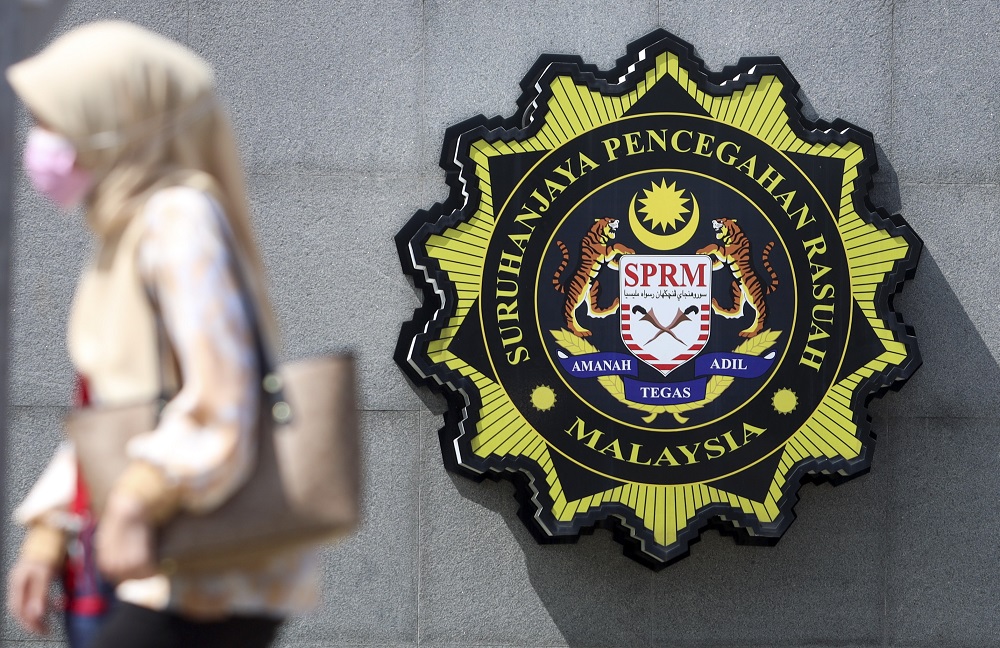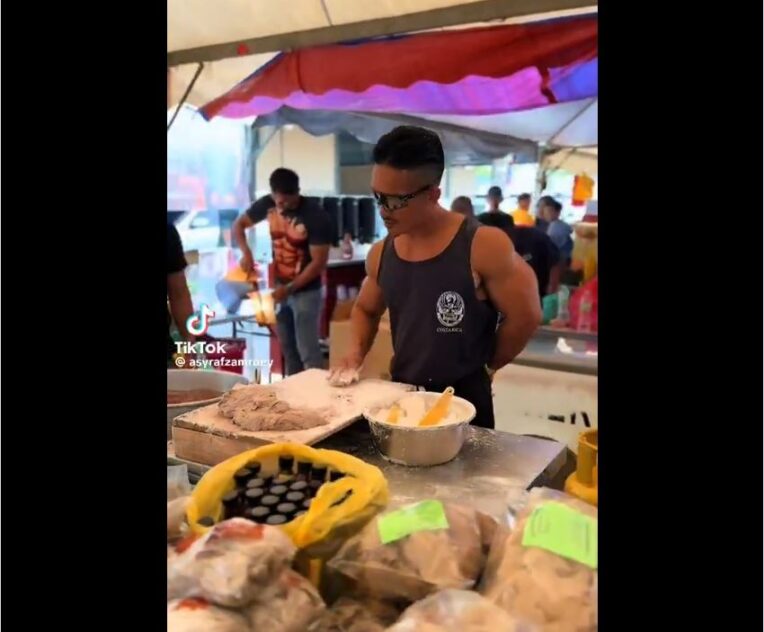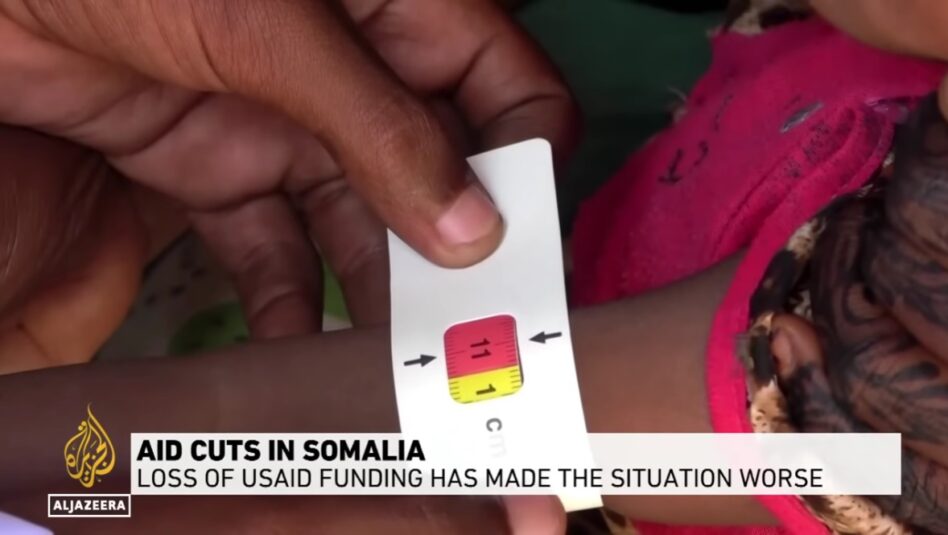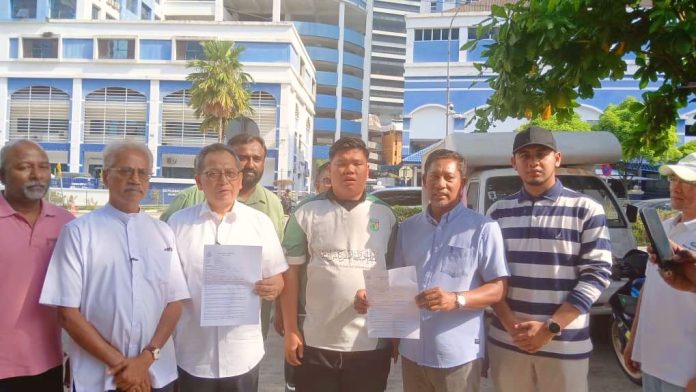THE Centre to Combat Corruption and Cronyism (C4) has slammed the lack of support by MPs and assemblymen for the whistleblower involved in an alleged case of assemblymen discussing bribes for a project licence.
While lauding Kepong MP Lim Lip Eng who has committed to sharing the evidence and names of those involved in Parliament should the whistleblower reach out to him, the corruption watchdog said Lim stands in the minority in seeking the truth behind this matter.
“If true, the scale of this corruption scandal is huge, exposing a critical flaw in oversight for elected officials,” it said in a statement on Tuesday (Nov 12).
“Rumours of politicians engaging in corruption have circulated publicly for decades, destroying public trust in our democratic institutions.
“This is the exact opportunity for elected officials to rebuild that trust and rid our political system of corruption and reform how we protect our whistleblowers.”
C4 said this scandal also reiterates the urgent need for an asset declaration law, which is a crucial way in which politicians can be held accountable and be subject to public inquiry should there be unjustified or disproportionate wealth in their possession.
With an asset declaration law in place, the alleged movement of hundreds of thousands of ringgit among the assemblypersons in this case could be easily tracked and identified and perpetrators could be brought to justice, it added.
Whistleblower protection
On Nov 9, online news portal Malaysiakini broke the news of a whistleblower who allegedly holds video recordings of at least eight assemblymen purportedly discussing hundreds of thousands in bribes given to them in exchange for supporting a project.
Since then, articles have reported that while the whistleblower’s lawyer has met with the Malaysian Anti-Corruption Commission (MACC), negotiations are ongoing to obtain whistleblower protection.
An official letter has also been sent to Prime Minister Datuk Seri Anwar Ibrahim requesting whistleblower protection and alleging the involvement of the state’s “top leader” in the corruption scandal.
The whistleblower in question had requested a guarantee of immunity from MACC before providing all the evidence for the investigation. However, MACC chief Tan Sri Azam Baki said this is not possible and told the whistleblower to lodge an official report with the MACC.
Government spokesperson Fahmi Fadzil had also called on the whistleblower to do the same.
The whistleblower, through their lawyer, has publicly stated that they fear political and personal repercussions for the potential exposé.
This is especially so as the revelations concern top politicians. Furthermore, the whistleblower has stated that they do not trust the Whistleblower Protection Act 2010 (WPA 2010) to adequately protect them.
“These fears are not without basis. Section 11(1)(a) of the WPA 2010 mandates the revocation of whistleblower protection if the enforcement agency is of the opinion that the whistleblower has participated in the improper conduct disclosed,” C4 remarked.
“Furthermore, section 11(1)(c) revokes protection if the enforcement agency is of the opinion that the disclosure is made solely or substantially with the motive of avoiding dismissal or other disciplinary action.
“This means that if the whistleblower is found to be part of the scandal or is mainly whistleblowing to avoid dismissal or disciplinary action, they lose their protection.”
C4 noted that this aspect of the law has been heavily criticised for limiting the scope of whistleblower protection as it is often only individuals closely connected to the cases who have access to incriminating evidence.
“Whistleblowing is an extremely precarious task – the government cannot simply ask the whistleblower to report to an institution they do not trust,” it argued.
“The immediate and vital task for the government is to rebuild the trust in the MACC through the enactment of independence reforms.
“This is critical for whistleblowers – especially those involved in political cases – to have confidence in the protections that will be afforded to them.” – Nov 12, 2024
Main image: Kosmo









